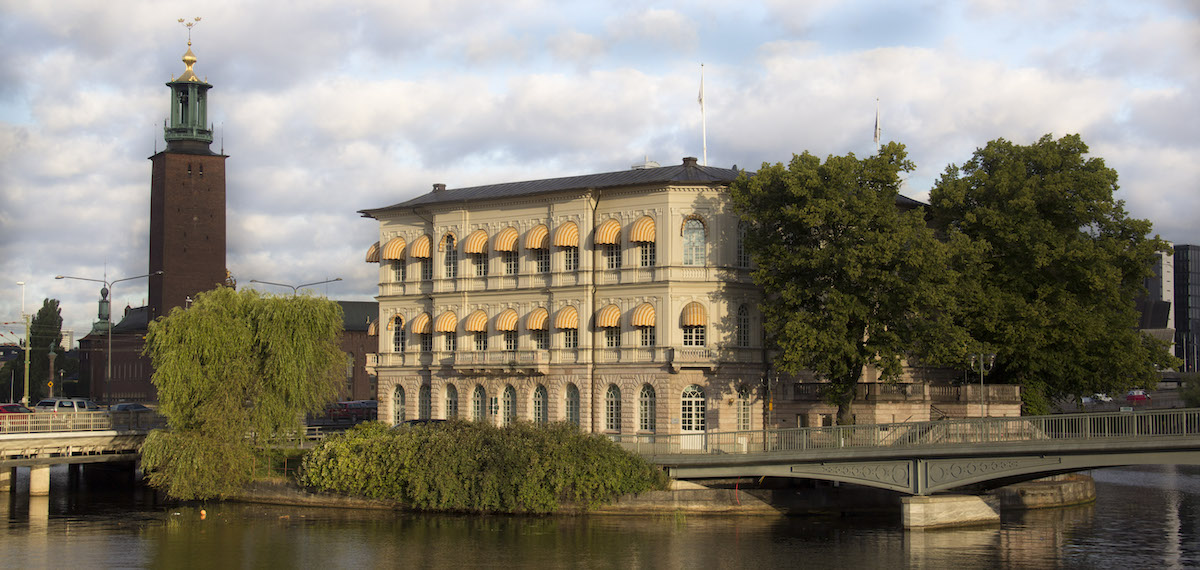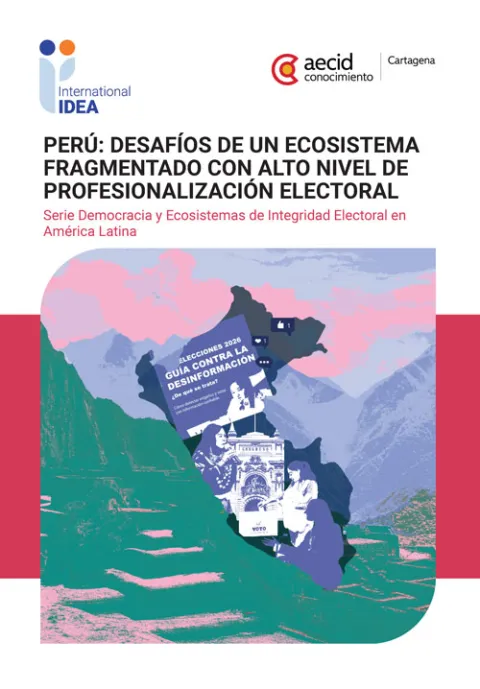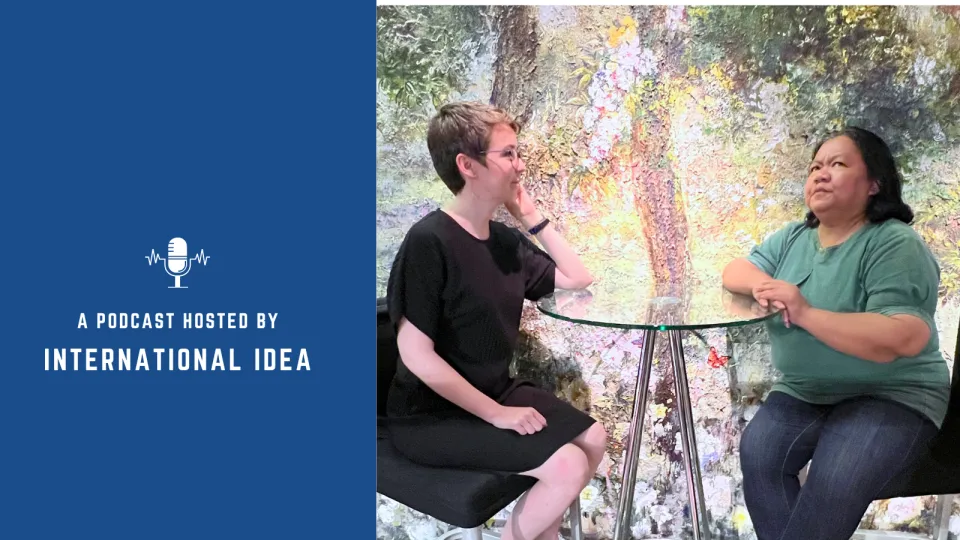What we do
We develop comparative knowledge, assist in democratic reform, and influence policies and politics, focusing on six workstreams: electoral processes, constitution-building, democracy assessments, and political participation and representation, climate change and digitalization. We also address issues of gender equality and inclusion, and money in politics.
Work with us
Our funding and other types of contributions come from our Member States and other financial partners. Become our partner and learn more about how we can jointly undertake actions in Value for Partnership.




